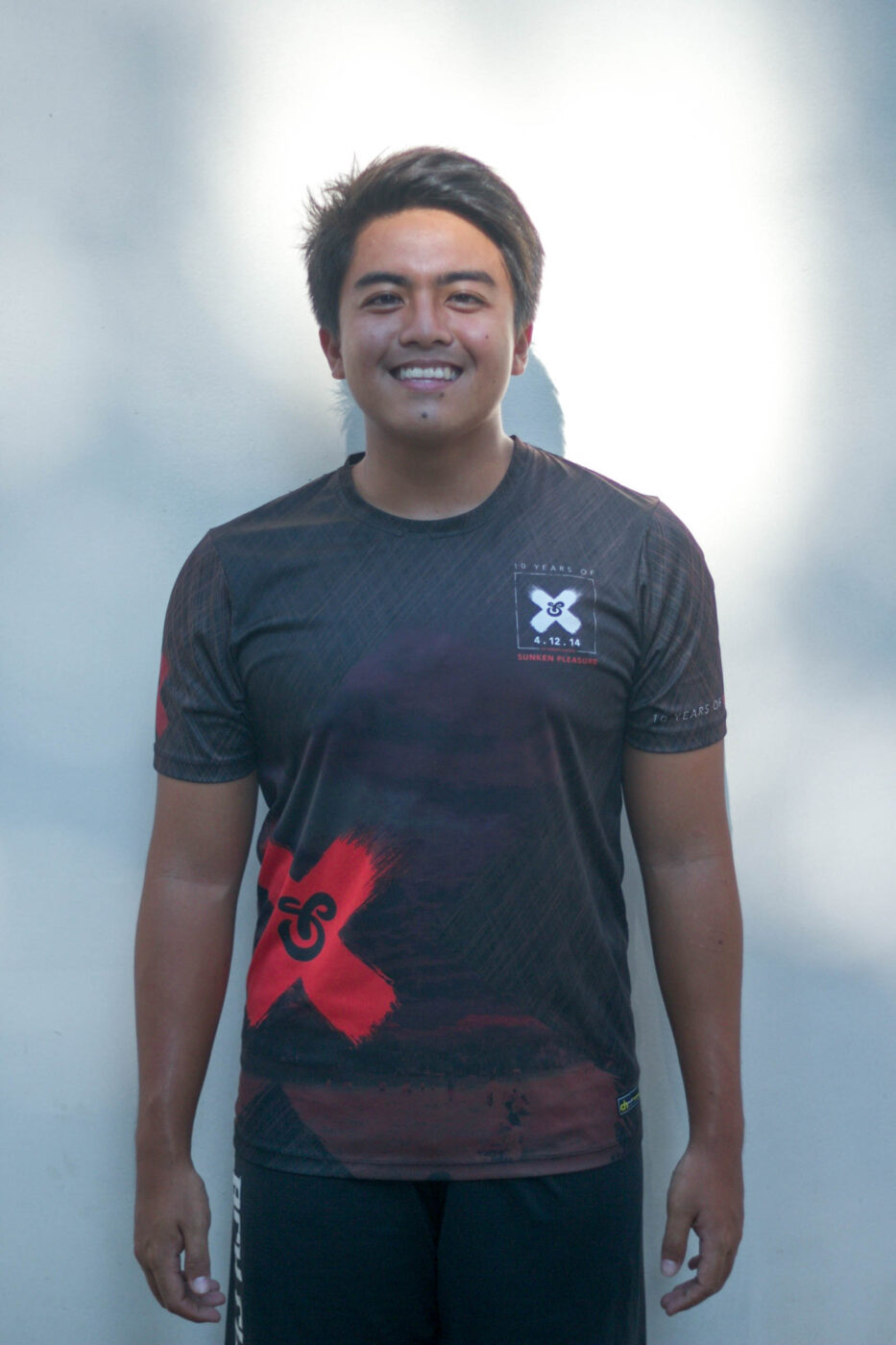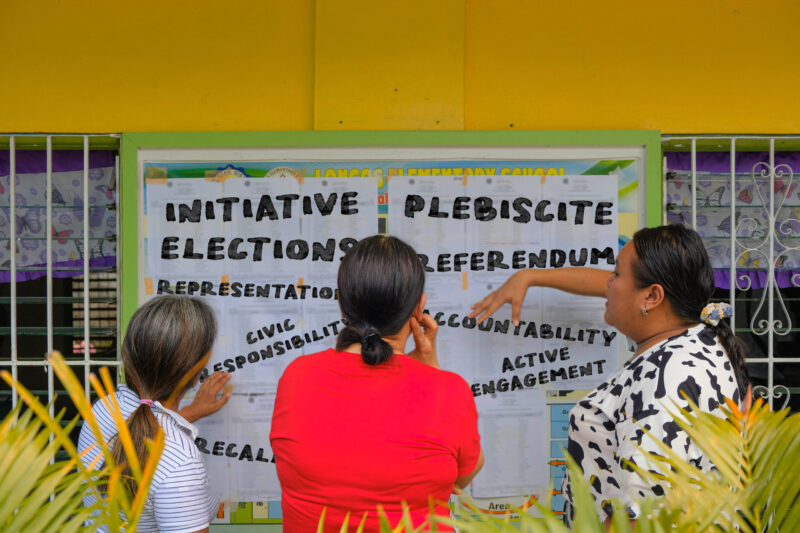“I HAD two big dreams when I was a child. One was to perform in a musical band in front of a thousand people, and the other was to represent my country in something I love. Since I am nowhere near being musically inclined, I stuck to sports,” recalls Anjo Umali.
The communications supersenior ventured into Ultimate five years ago. The sport was introduced to him by his elder brother, Anto, one of the pioneers of the Ultimate Frisbee organization in the Ateneo High School. Anjo also admits that it was seeing his crush join an event for Ultimate beginners in the Ateneo that started his life in the sport.
The team’s first win in the 2015 World Under-23 Ultimate Championship (WU23UC) against Colombia was a highlight in Umali’s Ultimate career. “It was very intense for most of us because a lot of our friends and family members were watching and we kept telling ourselves that we had to win that game,” he says. Although the WU23UC was played on British soil, the match was being streamed online via Youtube.
Through this experience, Umali was able to see how the country measures up on the international stage in terms of Ultimate. He concluded that the Philippines is still in the recreational stage, possibly because the programs in other countries have existed longer. Higher quality training and competition or just the mere fact that Ultimate is more popular abroad–thus, receiving more support–are just some of the other reasons why foreign countries have the edge.
Umali also feels that monetary issues are what holds Ultimate back in the Philippines. A lack of popularity has led to a lack of willing sponsors, which means that players must pay for their own expenses. Even the best players in the country must pay to play as there are no professional leagues yet in the Philippines.
Despite this, Umali is still optimistic about the rise of Ultimate. As commissioner of the Metro Manila Ultimate Commission which organizes local Ultimate leagues, he has seen participation grow from eight teams in Metro Manila four years ago, to over 50 teams and over 1,500 members in the present.
“As an organizer of events, sometimes as a coach and as a player, I honestly believe that we just need to let other people know how amazing the sport is,” he says. With Ultimate recently being officially recognized by the Olympic Committee, there seems to be nowhere else to go but up for both Umali and the sport he loves.







